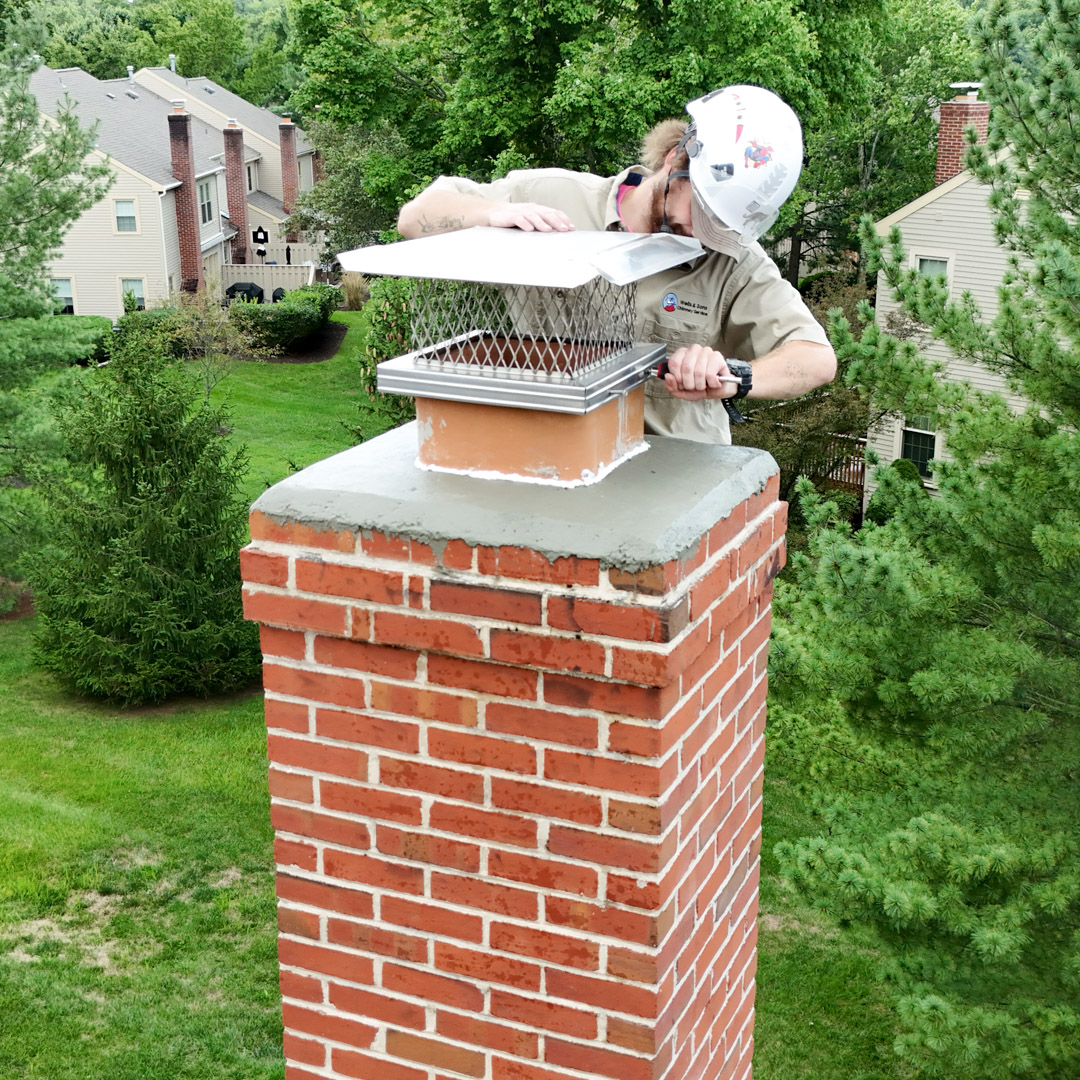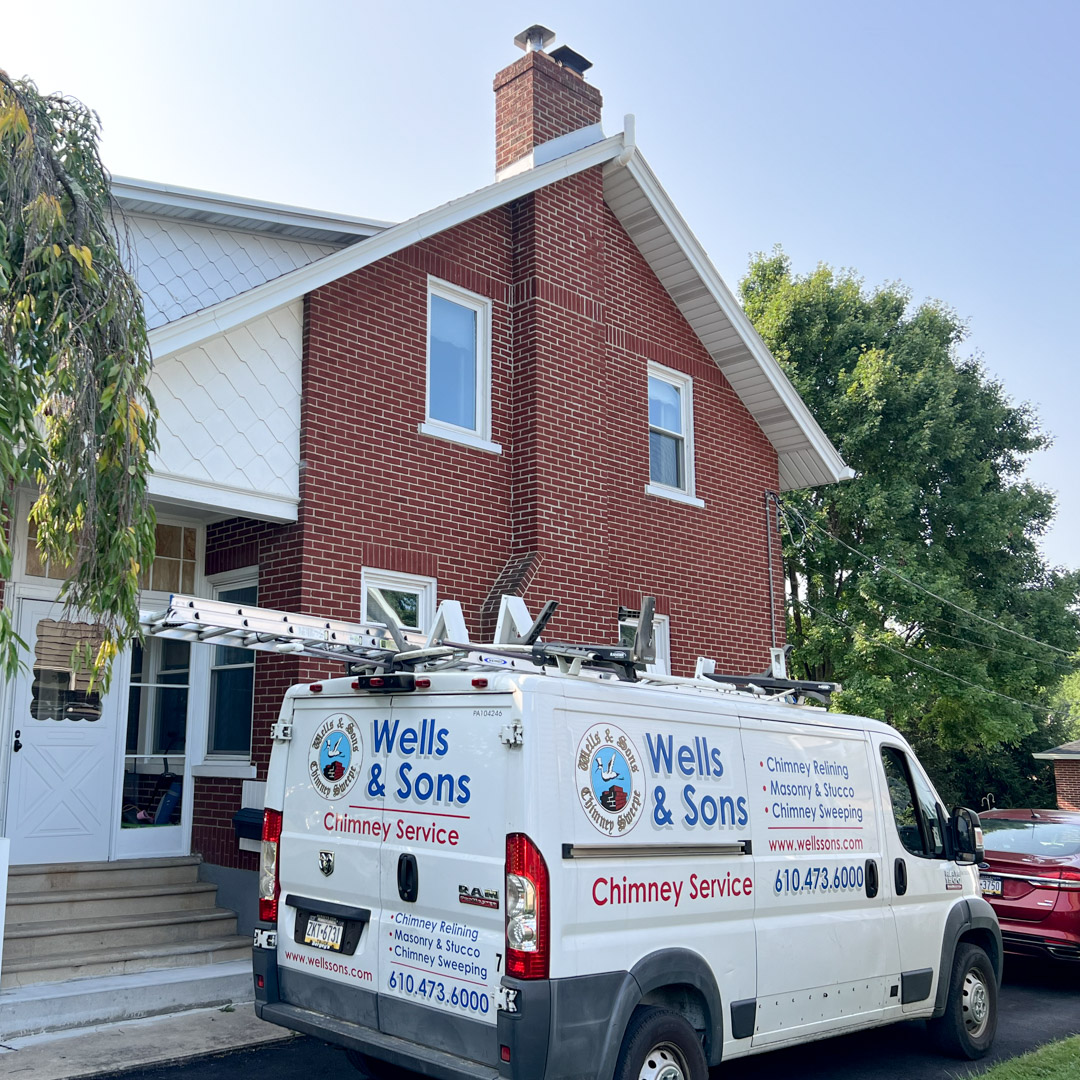Is Water More Dangerous to a Chimney Than Fire?
If you think that by just closing your fireplace when it is not in use you are preventing chimney damage, you would be wrong. Water can be a disastrous element to a chimney. For example, prolonged water contact deteriorates brick, mortar, and tile, and it can corrode steel and cast iron. When water expands due to freezing, is even more damaging and can lead to cracks and gaps in your chimney. This can result in creosote build up – not to mention noxious gases that will seep into your home. All of this can lead to massive repair builds.
Here are a few ways to avoid this type of damage and save yourself a lot of money:
 Install a Chimney Cap
Install a Chimney Cap
This is the most inexpensive way to prevent chimney damage due to water. A chimney cap, also known as a rain cover, will keep water from entering the flue and ending up directly inside your chimney. Chimney caps also keep chimney sparks on the inside and are good for keeping birds and bats from settling in your chimney.
Repair or Replace a Damaged Chimney Crown
Most chimney crowns were originally made with mortar. These do not withstand years of weather damage. You should replace a mortar chimney crown with a Portland cement-base mixture one. These should create an overhang, or drip edge, and this will protect all sides of your chimney by at least two inches.
Repair or Replace Flashing
Flashing keeps rain water from running down your chimney shingles and into your home or commercial business. An L-shaped piece of metal should be used to extend from under the roofing shingles up the side of the chimney. Also, use counter flashing that overlaps the base flashing and is sealed into the chimney’s masonry joints.
Waterproof Your Chimney
Typical brick and mortar used in chimneys are similar to sponges and absorb moisture to the chimney interior. To avoid this, add a vapor-permeable waterproofing agent to let the moisture out and simultaneously prevent it from coming in. Do not use pair or any non-vapor-permeable water sealer as it will actually trap moisture on the inside of the chimney and hasten its deterioration.
 Hire a Professional from the CSIA
Hire a Professional from the CSIA
If you have doubts about the condition of your chimney, hire a CSIA certified chimney sweep to inspect your chimney and make sure it meets all fire codes, clearances, and standards for the construction and maintenance of chimney and venting systems. Give Wells & Sons a call for a certified technician to service your home.
Source: Wisdom from the Hearth
Similar Articles:
What to Do in Case of a Chimney Fire
How to Become a Chimney Sweep






 Install a Chimney Cap
Install a Chimney Cap Hire a Professional from the CSIA
Hire a Professional from the CSIA

